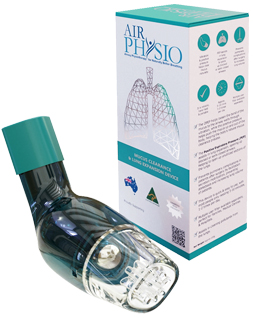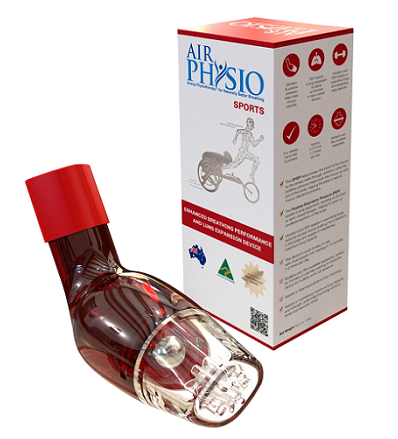How to care for your lungs and achieve optimum respiratory health
Caring for your respiratory health is essential for overall well-being and can help prevent respiratory issues or manage existing conditions. Here are some key ways to care for your respiratory health.

-Don’t smoke and avoid secondhand smoke: If you smoke, quitting is the single most important step you can take to improve your respiratory health. Avoid exposure to secondhand smoke as well, as it can be harmful to your lungs and increase the risk of respiratory conditions.
-Maintain good indoor air quality: Ensure proper ventilation in your home and workplace to minimize exposure to indoor air pollutants. Use air purifiers with HEPA filters to reduce allergens and pollutants. Keep the indoor environment clean, control moisture to prevent mold growth, and avoid using strong chemicals or cleaning products that may irritate the airways.
-Minimize exposure to outdoor air pollution: Check air quality indexes in your area and avoid spending time outdoors when pollution levels are high. If pollution is a concern, consider wearing a mask or face covering to filter out particles while outdoors.
-Practice good hygiene: Wash your hands frequently, especially during cold and flu seasons, to reduce the risk of respiratory infections. Cover your mouth and nose with a tissue or your elbow when coughing or sneezing to prevent the spread of respiratory droplets.
-Stay physically active: Regular exercise can improve lung capacity and strengthen respiratory muscles. Engage in activities that increase your heart rate and promote deep breathing. Consult with your healthcare provider for exercise recommendations tailored to your specific needs and limitations.
-Maintain a healthy lifestyle: Eat a balanced diet rich in fruits, vegetables, and whole grains, as they provide essential nutrients that support respiratory health. Stay hydrated to help keep your airways moist and prevent mucus from becoming thick and sticky.
-Manage stress: Chronic stress can impact respiratory health. Practice stress management techniques such as deep breathing exercises, meditation, yoga, or engaging in activities that help you relax and unwind.
-Follow medication and treatment plans: If you have a respiratory condition, adhere to your prescribed medications and treatment plan as directed by your healthcare provider. Regularly check in with your healthcare team to monitor your respiratory health and make any necessary adjustments to your treatment plan.
-Get vaccinated: Stay up to date with recommended vaccinations, including annual flu shots and any other vaccines recommended by your healthcare provider to prevent respiratory infections.
-Regular check-ups: Schedule regular check-ups with your healthcare provider to monitor your respiratory health, discuss any concerns or symptoms, and receive appropriate preventive care.
Remember, it’s essential to consult with a healthcare professional for personalized advice on maintaining your respiratory health, especially if you have pre-existing respiratory conditions or concerns.
Average Lung AirPhysio
ENJOY BETTER BREATHING - Use this 100% Drug Free Device - AIRPHYSIO

Recent Posts
Sports AirPhysio
IMPROVE YOUR SPORTING PERFORMANCE - Use this 100% Drug Free Device - AIRPHYSIO

AirPhysio Child
BETTER BREATHING FOR YOUR CHILD - Use this 100% Drug Free Device - AIRPHYSIO

Categories
- asthma (2)
- atelectasis (2)
- bronchiectasis (2)
- copd (3)
- cystic-fibrosis (45)
- featured (10)
- uncategorized (2)


